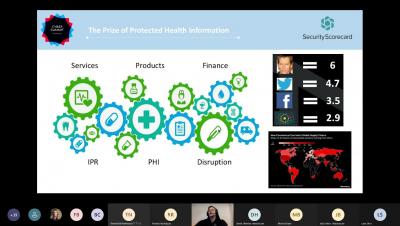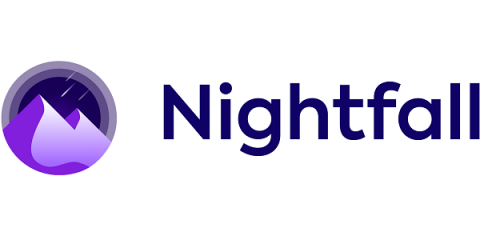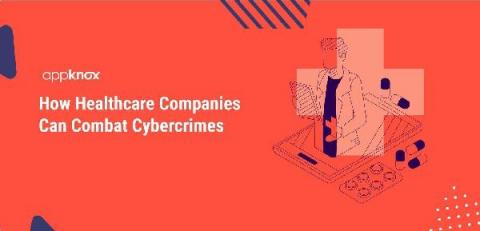Protecting Your Electronic Health Records (EHR) With Continuous Monitoring
After a year of lockdown, or nearly full lockdown, due to the ongoing health crisis, we learned a lot from how our organizations responded when we all had to change our work habits to a home-office setup.








